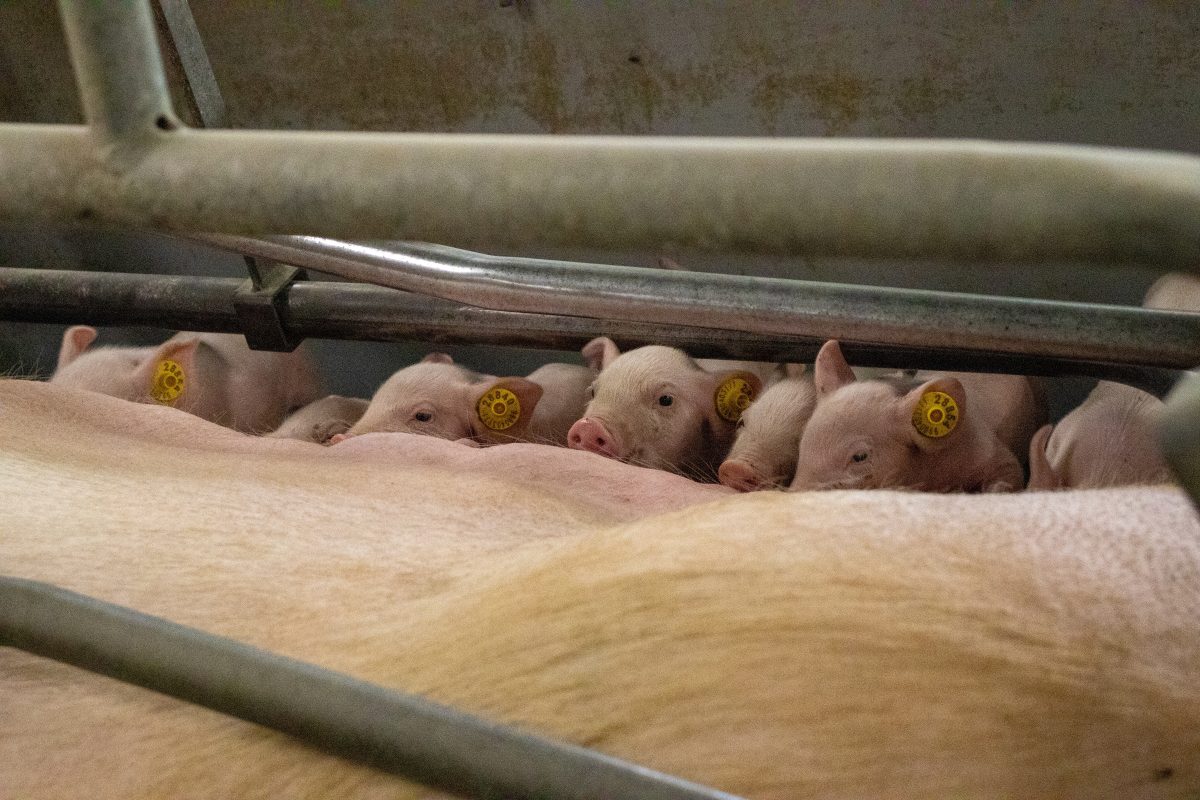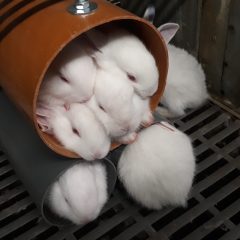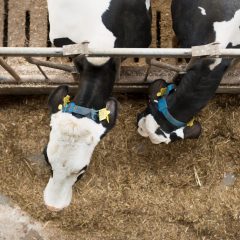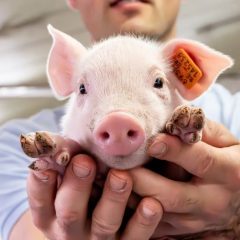Research project Efficient management of the pig farm through individual follow-up of sows and fattening pigs (PIGID)

General introduction
Electronic tracking of individual fattening pigs from birth to slaughter is already technically possible. This project, performed in collaboration with a number of pig farmers, examines which (individual) data and analyses are considered important to yield animal-technical, farm-financial or labor-related improvements. Currently, sow farmers select their dam and sire animals based on fertility and other farrowing house parameters, but they find it very difficult or impossible to follow up on offspring growth and quality. Individual animal monitoring of piglets and finishing pigs does make it possible to track performance, vaccination and medication use, defects and animal diseases for each parent pair and for each environmental measure. The pig farmer appears to need more insight into how to follow up individual pigs, what data to collect and then what added value to achieve. The overall goal of this project is better management of the pig farm by identifying opportunities through traceability from birth to slaughter.
Research approach
We build knowledge in the sector regarding individual follow-up through overview and training on available products, and testing the technical solutions together with pig farmers. In addition, we determine the added value of animal data for farm management itself and for the wider sector. The impact will be analyzed in terms of technical and financial results, but also on an organizational and social level. To convert the data into useful information, a benchmarking system will be set up for within the same pig farm and between pig farms. Finally, the experiences and results are widely communicated to the sector.
Relevance/Valorization
The individual animal data offers a multitude of possibilities and applications. By making the link between the performance of the offspring and parents, improvements in efficiency can be made much more concretely at the individual farm. Moreover, on the basis of research of individual animal data, insights can be generated that are widely applicable in the entire sector. The collected data offers many options for benchmarking and monitoring new key performance indicators, and will be a catalyst for major improvements for sustainable pig production.
Financing
VLAIO







